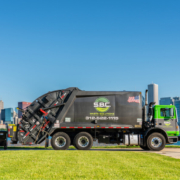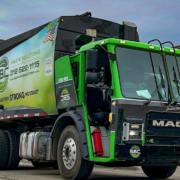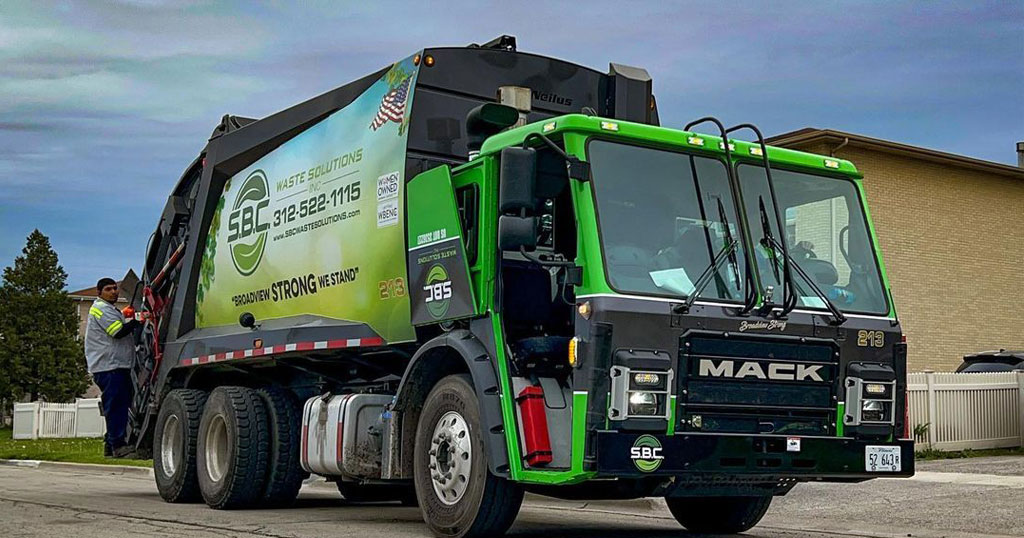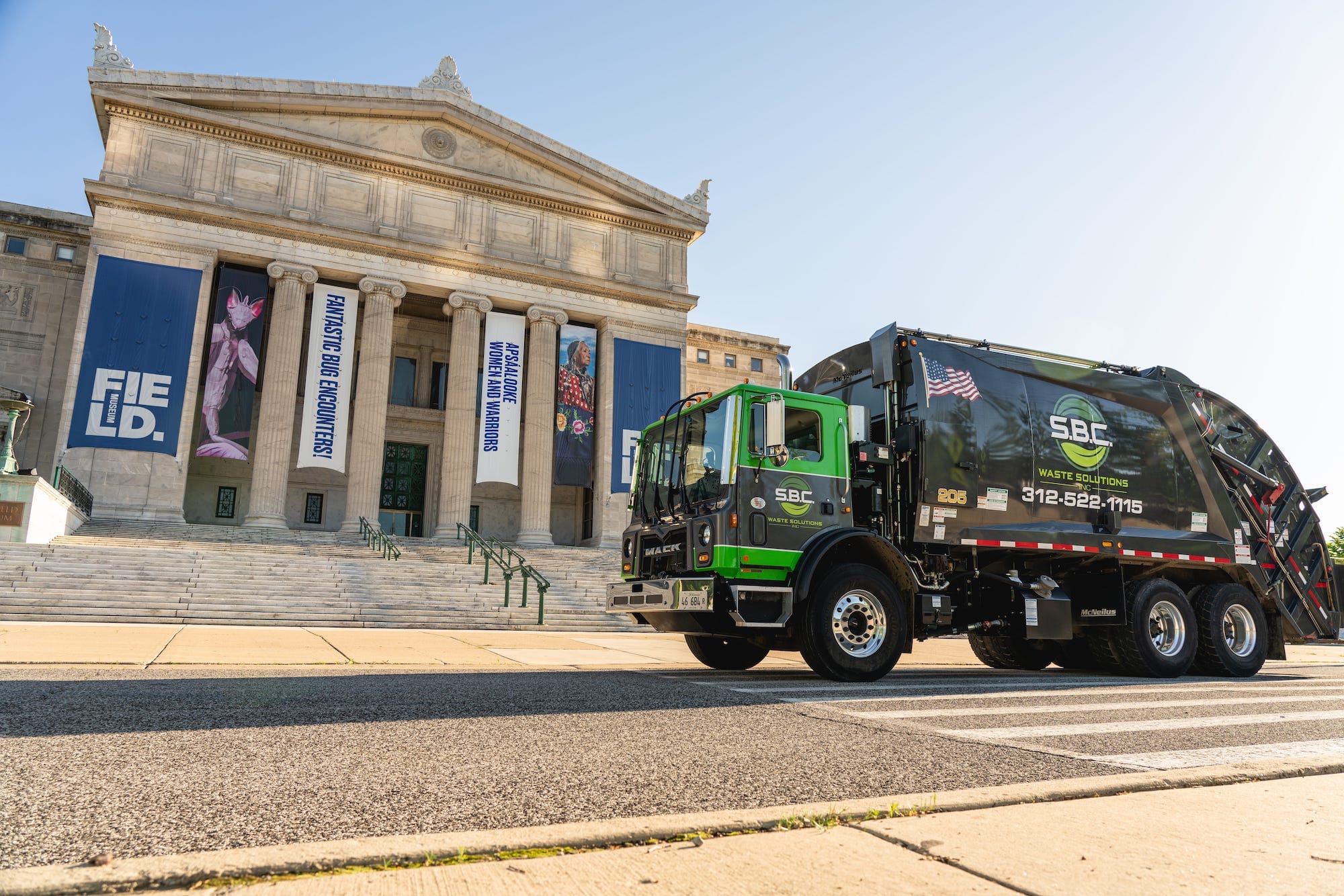Garbage Pickup vs. Dumpster Rental
Garbage Pickup vs. Dumpster Rental: Which is Right for You?
Deciding how to handle waste efficiently can be a challenge, especially with various options available. Whether you’re tackling a home renovation, clearing out clutter, or managing regular household waste, choosing the right waste management solution is crucial. Two popular options are garbage pickup and dumpster rental, each with its own set of advantages. Understanding the garbage pickup vs. dumpster rental, these services can help you make an informed decision that suits your specific needs.
Cost Comparison
When considering regular garbage pickup services, it’s important to evaluate several cost factors that can impact your budget. Typically, these services charge based on the frequency of pickups and the volume of waste collected. Many municipal services include a flat fee within utility bills, but additional charges may apply for exceeding volume limits or disposing of special items like large furniture or hazardous waste. These costs can add up, especially if your household generates a significant amount of waste or requires frequent pickups. Understanding these factors can help you decide if regular garbage pickup aligns with your financial and waste management needs.
In contrast, dumpster rental offers a different pricing structure that might be more suitable depending on your situation. The cost of renting a dumpster is primarily determined by the rental duration and the size of the dumpster you choose. Short-term projects, like renovations or large cleanouts, often benefit from the flexibility of a dumpster rental, allowing for the disposal of large volumes of waste at once. However, potential overage charges for exceeding the weight limit or keeping the dumpster longer than agreed can increase costs. Comparing these aspects with regular garbage pickup helps in understanding which option is more cost-effective. By evaluating your specific requirements, such as the volume of waste and duration of disposal needs, you can make an informed decision that best fits your budget and lifestyle.
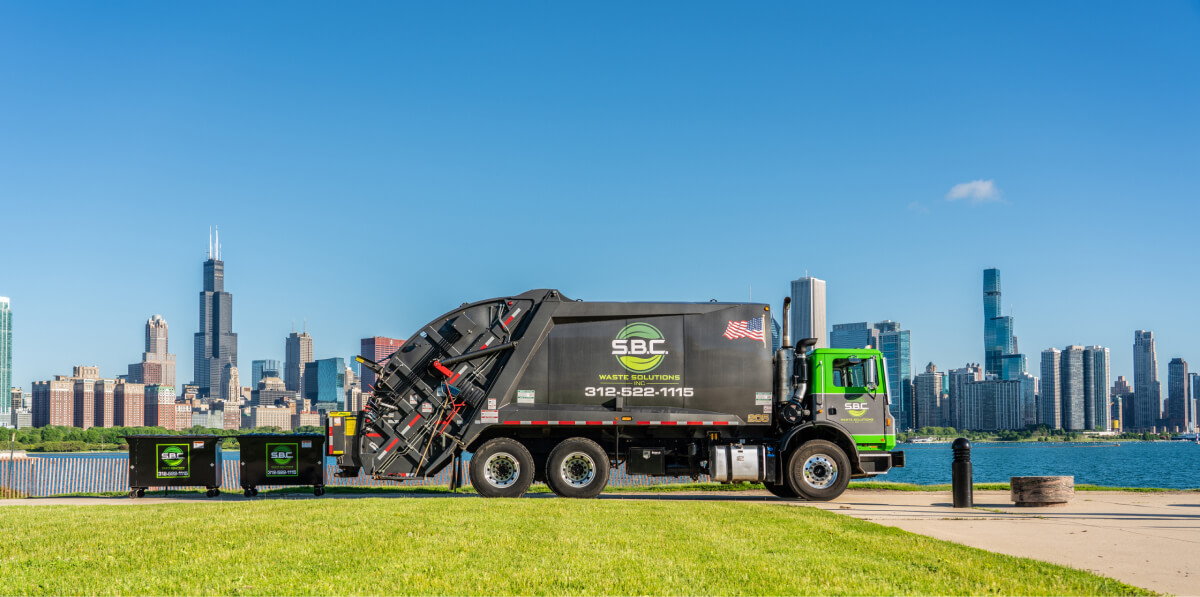
Garbage Pickup Service
Convenience
Regular garbage pickup services offer a high level of convenience for most households due to their routine nature and simplicity. With scheduled pickups, residents can rely on a consistent waste management system where waste is collected directly from their curbside. This eliminates the need for individuals to transport waste to a disposal site, making it an effortless solution for daily household waste management. Additionally, garbage pickup services require minimal planning or effort from homeowners, as they typically involve placing waste in designated containers provided by the service. This regularity and ease of use make garbage pickup an attractive option for those seeking a hassle-free waste disposal method.
On the other hand, dumpster rental provides a different set of conveniences suited to particular needs, especially for larger projects. This option offers flexibility in terms of disposal timing, as dumpsters can be rented for varying durations based on the project’s needs. This is particularly beneficial for renovations, cleanouts, or construction projects where waste accumulates quickly and unpredictably. Dumpster rentals are designed to handle significant volumes of waste, allowing for the disposal of bulky or numerous items without the constraints of weekly volume limits. For those undertaking large-scale projects or needing a temporary waste solution, the ability to fill a dumpster at their own pace provides unmatched convenience. By considering their specific requirements, individuals can decide which waste disposal method aligns best with their convenience needs.
Volume Capacity
Regular garbage pickup services often come with specific volume capacity limitations that can impact how households manage their waste. Typically, these services impose restrictions on the amount of waste that can be collected per pickup, often limiting residents to a set number of bags or a specific weight. Such constraints can pose challenges for households with higher waste production, requiring them to carefully manage their waste output to stay within the service’s guidelines. This can be particularly cumbersome during times of increased waste generation, such as holidays or after home renovations, where the standard pickup capacity may not suffice. Understanding these volume limitations is crucial for households to effectively plan their waste management strategy and avoid potential overage fees or missed pickups.
In contrast, dumpster rentals offer a much more flexible solution when it comes to volume capacity, making them an ideal choice for those with substantial disposal needs. Dumpsters come in various sizes, capable of accommodating large amounts of waste, which is particularly advantageous for big projects like home renovations, moves, or significant cleanouts. This flexibility allows individuals to dispose of waste on their terms without the restrictions of weekly volume limits. For those facing temporary surges in waste production, renting a dumpster provides an efficient and effective solution, eliminating the need to meticulously manage waste output. By assessing the volume capacity needs specific to their situation, individuals can determine whether a regular garbage pickup or a dumpster rental is the most suitable option for their waste management requirements.
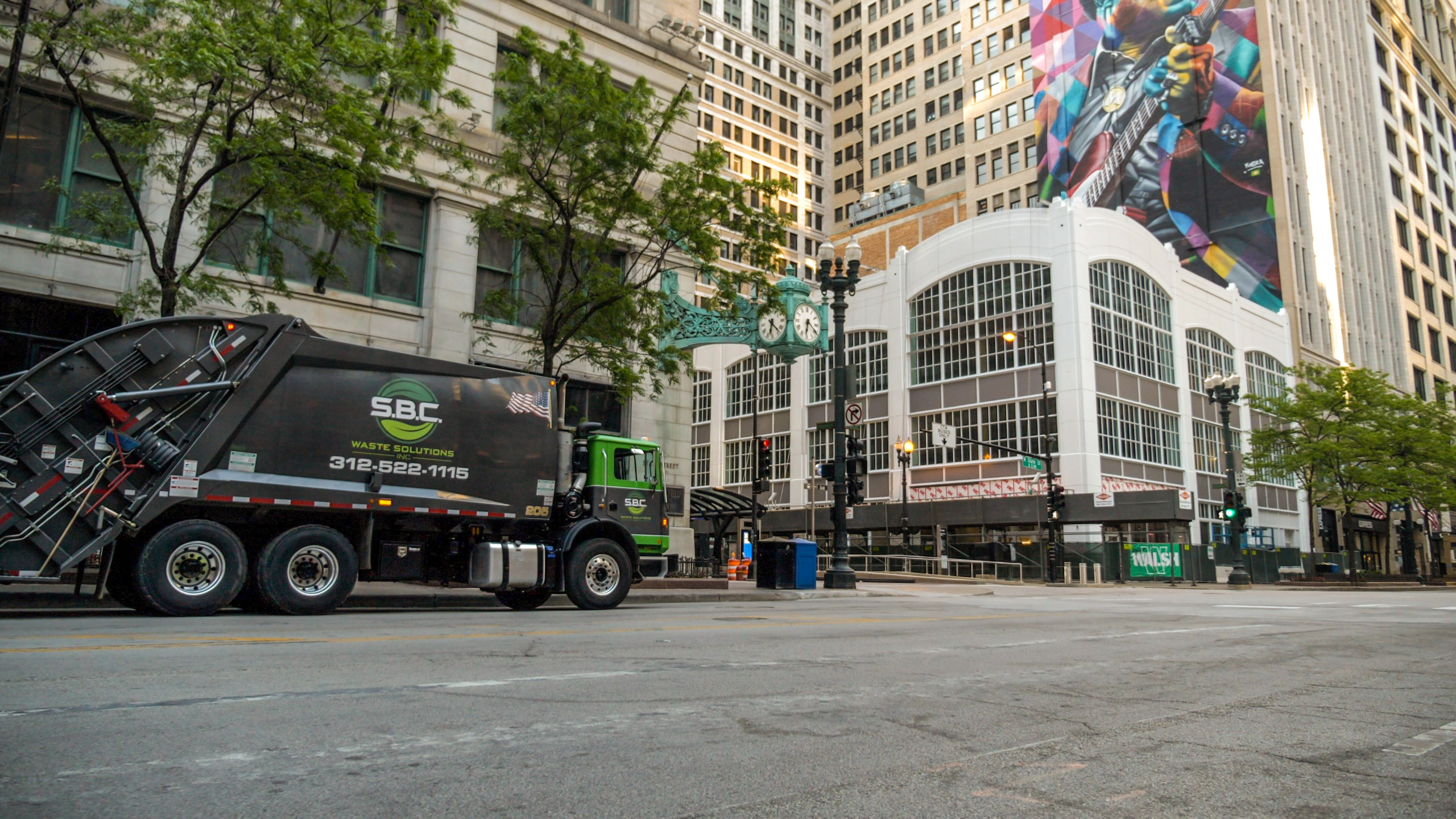
Dumpster Rental Service
Environmental Impact
Regular garbage pickup offers several environmental benefits by consistently removing waste from residential areas, thus reducing litter and encouraging recycling practices. This routine waste collection helps maintain clean neighborhoods and supports waste segregation, making it easier for households to recycle effectively. However, the frequent operation of collection vehicles can contribute to increased emissions, which is a potential environmental drawback. These vehicles, often running on fossil fuels, can add to air pollution and carbon footprint, especially in urban areas where pickups are frequent. It’s important for municipalities to consider these factors and explore cleaner alternatives, such as electric or hybrid collection vehicles, to mitigate the environmental impact.
Conversely, dumpster rental presents a different environmental profile, often reducing the number of trips needed to transport waste when compared to regular pickups. This can lead to fewer emissions overall, as waste is collected in larger quantities and transported less frequently. Dumpster rentals are particularly advantageous for projects that generate substantial waste, allowing for more efficient waste recycling and disposal strategies. However, the environmental footprint of the larger vehicles required for hauling these dumpsters should not be overlooked. While they potentially reduce the number of trips, their larger size and weight can result in greater fuel consumption per trip. Balancing these factors, dumpster rentals can be a more environmentally friendly option for those managing significant waste volumes, provided that efficient logistics and eco-friendly vehicles are used.
Flexibility
Regular garbage pickup offers a structured form of waste management that fits seamlessly into the daily routines of most households. Its predictable schedule means that residents can plan their waste disposal with minimal effort, knowing exactly when their trash will be collected. This consistency makes it an easy option for those with regular, manageable waste output and helps maintain a tidy living environment. However, this predictability can become a limitation when faced with unexpected surges in waste, such as after a large gathering or during seasonal cleaning. In these instances, households may find themselves constrained by the fixed pickup schedule and volume restrictions, making it difficult to quickly dispose of excess waste without incurring additional costs.
In contrast, dumpster rentals provide a high degree of flexibility that can accommodate a wide range of projects and timelines. Whether it’s a home renovation, landscaping overhaul, or major cleanout, dumpsters are available in various sizes to match the scope of the task at hand. This adaptability allows users to manage large volumes of waste at their convenience, without being tied to specific collection times. Dumpsters can be rented for the exact duration needed, offering a tailored waste management solution that aligns with the pace and demands of the project. This flexibility ensures that users can address their waste disposal needs efficiently, making dumpster rentals an excellent choice for those requiring a more adaptable approach to waste management.
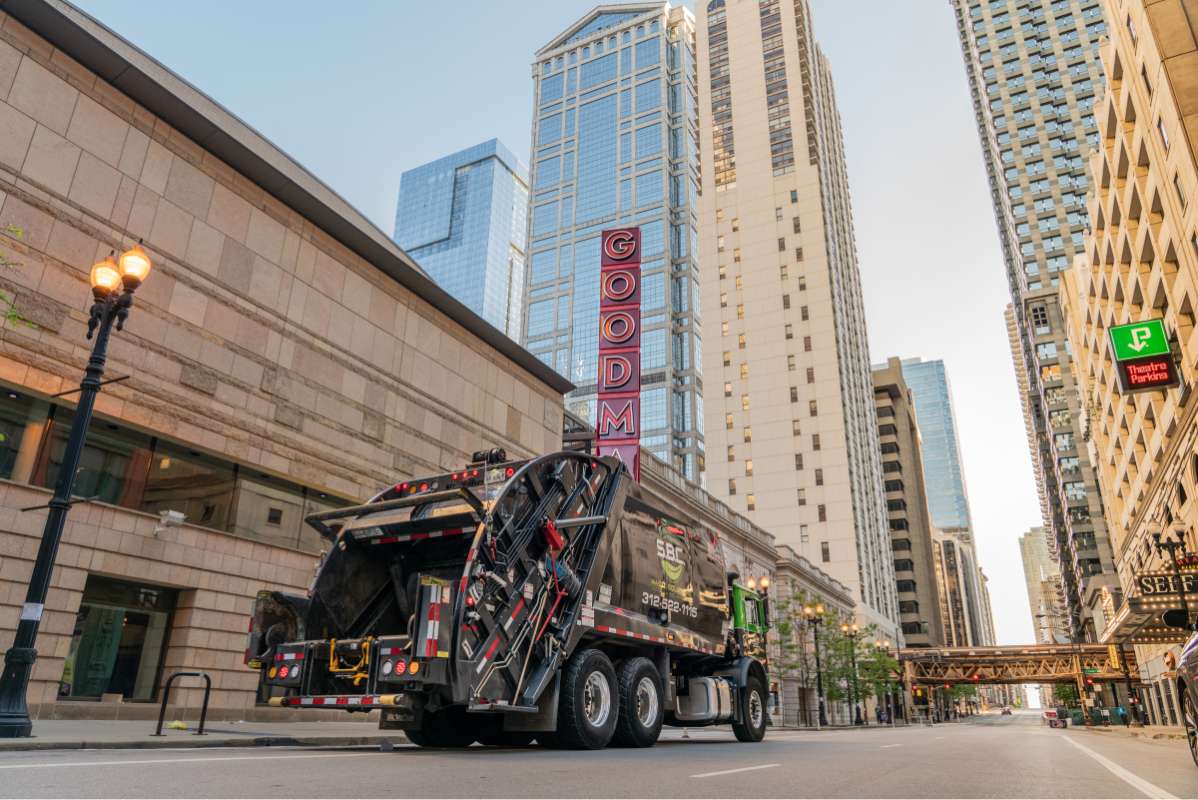
Waste Management
Suitability for Different Projects
Regular garbage pickup is an excellent choice for managing routine household waste and small-scale cleanups. It provides a reliable and convenient solution for the everyday disposal needs of a typical household, ensuring that waste is removed efficiently and consistently. This service works well for ongoing waste generation from daily activities, such as kitchen scraps and packaging material. However, its practicality diminishes when it comes to larger projects that generate more waste than the typical household output. In instances like spring cleaning or clearing out a garage, the standard volume limitations and schedules of regular garbage pickup may not suffice, necessitating additional services or trips to the local waste facility to adequately manage the overflow.
On the other hand, dumpster rentals shine when it comes to tackling larger projects that require robust waste management solutions. Ideal for home renovations, construction projects, and major cleanouts, dumpsters offer a significant capacity to accommodate large volumes of waste, making them indispensable for projects that exceed the limitations of regular garbage pickup. They allow for a flexible disposal timeline, letting users load waste at their own pace without worrying about weekly collection schedules. This is particularly beneficial for extended projects where waste accumulation is unpredictable or occurs over a longer period. The availability of various dumpster sizes ensures that project managers can select the appropriate capacity for their specific needs, streamlining the disposal process and enhancing project efficiency.
Conclusion
Choosing between garbage pickup and dumpster rental hinges on a variety of factors, including cost, convenience, volume, environmental impact, flexibility, and project type. By weighing these elements against your specific needs, you can select the waste management solution that effectively supports your project goals. Whether you opt for regular pickups or the versatility of a dumpster rental, making an informed decision ensures efficient and responsible waste disposal.
https://www.google.com/maps?cid=4180240075447051620

